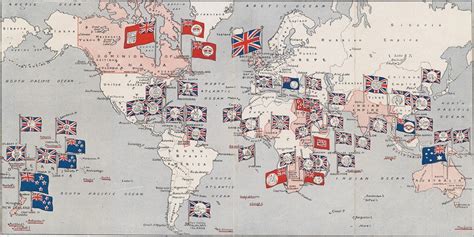How Did Imperialism Lead to World War I?
Imperialism, the policy of extending a nation's power and influence through diplomacy or military force, played a significant role in creating the volatile international climate that ignited World War I. While not the sole cause, its contribution was undeniable, fueling rivalries, creating alliances, and ultimately contributing to the outbreak of hostilities in 1914.
The Scramble for Colonies and Resource Competition
The late 19th and early 20th centuries witnessed a frenzied "Scramble for Africa" and a broader global competition for colonies. European powers, including Great Britain, France, Germany, and Belgium, aggressively sought to expand their empires, acquiring territories rich in resources and strategic locations. This competition created intense rivalries and mistrust among the major powers.
Economic Tensions:
- Resource control: Competition for raw materials like rubber, diamonds, and minerals fueled economic tensions. Colonies became sources of wealth and strategic advantage, leading to disputes over access and control.
- Trade routes: Control of trade routes was crucial. Nations fought to secure access to markets and shipping lanes, leading to friction and conflict.
- Economic exploitation: The exploitative nature of colonialism further exacerbated tensions, leading to resentment and instability in colonized regions.
Military Buildup and Arms Race:
The scramble for colonies also spurred a massive military buildup. Nations invested heavily in their armed forces, expanding their navies and armies. This arms race created a climate of fear and suspicion, making war seem increasingly likely.
- Naval Race: The Anglo-German naval race was particularly significant, with both nations vying for dominance on the seas. This heightened tensions between Great Britain and Germany, two major European powers.
- Military Alliances: The fear of aggression led to the formation of complex military alliances, further escalating the situation. The Triple Alliance (Germany, Austria-Hungary, Italy) and the Triple Entente (France, Russia, Great Britain) created a system where a conflict between two nations could easily escalate into a major war.
Nationalism and its Destabilizing Effects
Imperialism fueled nationalism in both colonizing and colonized nations. In Europe, the intense competition for colonies fostered a sense of national pride and ambition, making compromise difficult. Meanwhile, in colonized regions, nationalism spurred movements for independence, adding further instability to the global landscape.
Nationalist Rivalries:
- Pan-Slavism: The desire for Slavic unity fueled tensions in the Balkans, a region already destabilized by ethnic and religious conflicts. This contributed to the assassination of Archduke Franz Ferdinand, the event that triggered World War I.
- German ambitions: Germany’s growing power and ambition, combined with its desire for a larger colonial empire, fueled resentment amongst other European powers.
The Assassination of Archduke Franz Ferdinand: The Spark
While imperialism created the volatile conditions, the assassination of Archduke Franz Ferdinand, heir to the Austro-Hungarian throne, served as the spark that ignited the powder keg. Austria-Hungary's response to the assassination, backed by its alliance with Germany, triggered a chain reaction of military mobilizations, ultimately leading to the outbreak of World War I.
Conclusion: A Complex Interplay
Imperialism was not the only factor leading to World War I; nationalism, militarism, and complex alliance systems all played crucial roles. However, the competition for colonies, the resulting economic and military rivalries, and the instability it created in colonized regions significantly contributed to the volatile atmosphere that made a large-scale war almost inevitable. Understanding imperialism's contribution is vital to grasping the complex causes of World War I.
